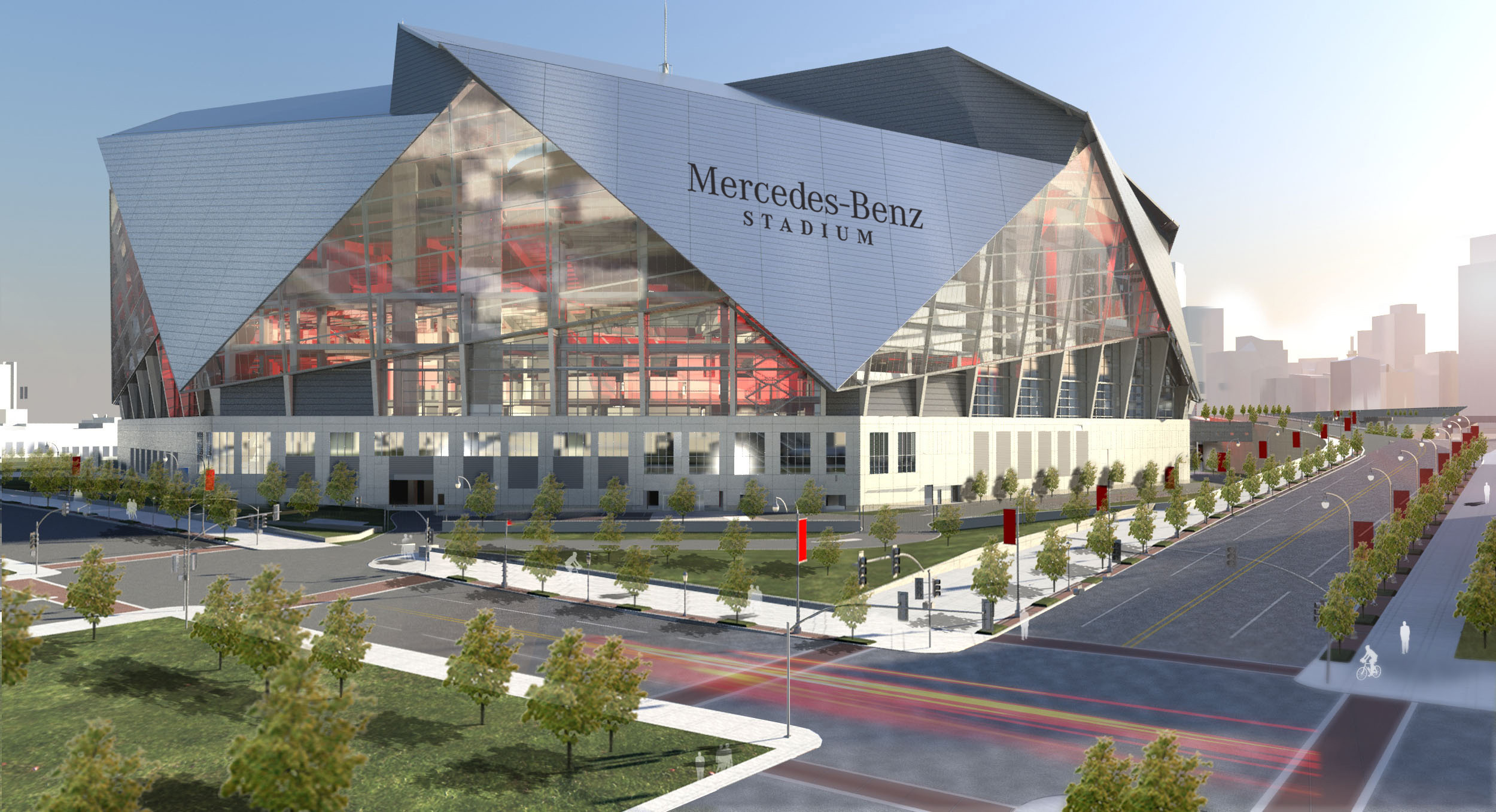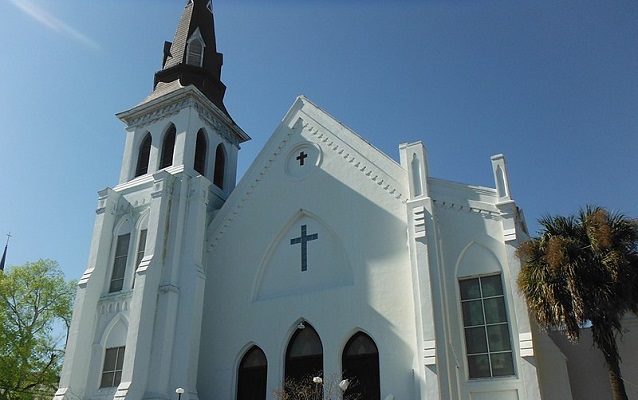The SCANA Energy Paradox

Dr. Oran Smith
Home Depot founder Arthur Blank has brought winning ways to his two Atlanta sports franchises. The NFL Falcons played in the Super Bowl last season and the MLS-affiliated Atlanta United club just broke the record for the number of fans to witness a major league soccer match in the United States (70,425).
I was among those in the brand new Mercedes Benz Stadium to witness the shattering of the record.
The Mercedes Benz Stadium is a wonder of the world, a cross between an outdoor stadium and an indoor arena with a partially retractable roof built into its dome. Fans can watch the action from a restaurant, a bar, a casino, preferred standing room and a wide variety of seating options. But perhaps the most impressive feature of Mercedes Benz is its financing. Blank and his corporate sponsors put up $1.3 of the $1.5 billion cost, requiring only $200 million from various governmental entities. Compare that to the relatively new home of the Indianapolis Colts where government paid $619 million with private investors chipping in only $100 million.
Blank’s recruits as “Founding Partners” read like a Who’s Who of the Atlanta business community: Home Depot, NAPA Auto Parts, AT&T, Chick-Fil-A, Delta, IBM, SunTrust Bank, American Family Insurance, Coca-Cola, PGA Superstore, and SCANA Energy.
Wait a minute. SCANA Energy? Isn’t SCANA a South Carolina-only gas and electricity provider?
Actually, not. SCANA, the parent company of South Carolina Electric and Gas, is based in Cayce, SC and does provide electricity and gas services to much of the state from Columbia to Charleston. But SCANA Corporation also owns PSNC Energy, which provides natural gas services to 508,000 customers in North Carolina, and SCANA Energy, a marketer of natural gas to 460,000 customers in Georgia.
Interesting, huh?
This raises at least a couple policy questions.
First, why would SCANA Energy need to advertise, particularly at the “Founding Partner” level? If SCANA sells natural gas in Georgia, then don’t they have a monopoly?
Actually, no again. Unlike South Carolina, Georgia is an Energy Choice state. Most of the population of The Peach State has multiple choices for both natural gas and electricity. South Carolina’s SCANA got into the Georgia natural gas market in 1997 when our neighbor deregulated. (They became the “Official Natural Gas Provider” of the Atlanta Falcons in 2013.)
How does deregulated energy work? In Georgia, it works like this. A company known as Atlanta Gas Light owns and controls the natural gas pipelines. They service the lines and read the meters. SCANA Energy (along with its competitors Constellation, Gas South, GNG and Infinite) develops rate plans, markets their product, service accounts and bill customers. SCANA, like a non-monopoly business, is able to compete with the others by selling their stability, superior customer service and support for the community.
Is this not the ultimate irony? A South Carolina corporation has spent company funds–presumably derived from investors and rate-payers–to support a Georgia sports endeavor, so that it can attract customers in a free energy market. Meanwhile, back home in South Carolina, its monopoly status has contributed to an ill-fated decision to shackle its rate-payers with the expenses of a nuclear boondoggle.
Did some of the Founding Partner funds contributed by SCANA to the Mercedes Benz dome come from South Carolina rate-payers? Possibly. That was the original point of this post.
But the larger story may be this: operating in the only Deep South state with energy freedom, SCANA and its rate-payers thrive. Operating without energy freedom in the only Deep South State to mothball a nuclear reactor, its rate-payers take it on the chin.
Freedom wins. And SCANA is double proof.
Sources
Competitive Energy: Which States Have Free Energy
Forbes: Public vs. Private Funding Infographic
Patch: SCANA Named Mercedes Benz Stadium Founding Partner Announcement
SCANA Website: About SCANA Companies
Gas Georgia: All Natural Gas Plans




